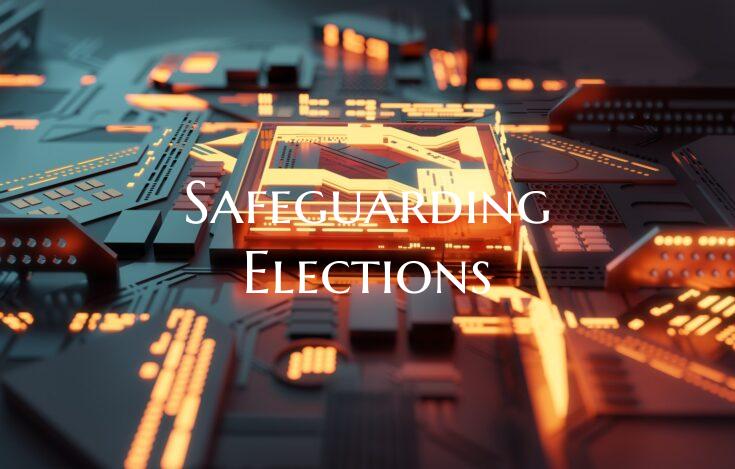Safeguarding Elections
In today's technology-driven world, safeguarding elections has become a critical aspect of preserving the integrity and sanctity of democratic processes. Elections serve as the cornerstone of democracy, providing citizens with the opportunity to choose their leaders and shape the future of their countries. However, with the rise of digital advancements and cyber threats, ensuring the security of elections has become an increasingly complex challenge.
One of the primary concerns in safeguarding elections is protecting them against foreign interference and manipulation. Foreign actors, whether state-sponsored or independent, have been known to use various tactics, such as disinformation campaigns, hacking, and social media manipulation, to influence the outcome of elections in other countries. To combat this threat, robust cybersecurity measures and enhanced monitoring systems are essential to detect and thwart any attempts to undermine the democratic process.
Furthermore, ensuring the transparency and accountability of electoral systems is crucial for maintaining public trust and confidence in the electoral process. This includes implementing measures such as voter registration verification, paper audit trails, and secure transmission of election results to prevent fraud and manipulation. Additionally, promoting voter education and awareness campaigns can help citizens better understand the importance of their vote and recognize attempts at misinformation or coercion.
Collaboration between government agencies, election officials, technology experts, and civil society organizations is pivotal in safeguarding elections. By working together and sharing information and best practices, stakeholders can strengthen the resilience of electoral systems and respond effectively to emerging threats. Regular risk assessments, contingency planning, and simulated exercises can also help identify vulnerabilities and mitigate potential risks before they materialize.
Ultimately, safeguarding elections is a collective responsibility that requires a coordinated effort from all stakeholders to uphold the principles of democracy and protect the will of the people. By staying vigilant, proactive, and adaptive to evolving threats, societies can ensure that elections remain free, fair, and secure, thereby safeguarding the integrity of democratic governance for generations to come.

